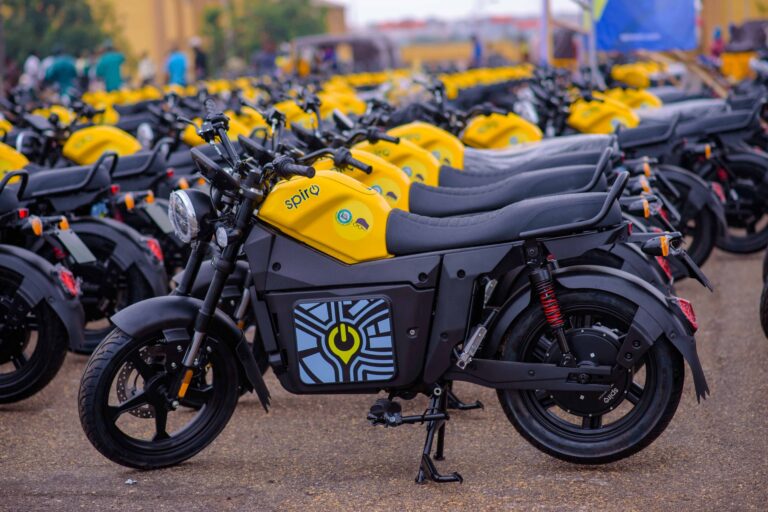Small and medium-sized enterprises (MSMEs) are the engine of Nigeria’s economy, making up nearly 90% of businesses and employing millions. From delivery startups to street food vendors, these enterprises keep local markets alive. Yet, their growth is weighed down by steep operating costs, unreliable transport, and the rising price of fuel.
Into this gap steps Spiro, a company reshaping mobility for small businesses with its fleet of electric motorcycles. More than just a transportation alternative, Spiro’s model is redefining how entrepreneurs operate, offering both economic relief and environmental benefits.
Electric bikes bring clear advantages: fewer emissions, less noise, and healthier urban spaces. But what excites entrepreneurs most is cost. According to Spiro, switching to electric two-wheelers can cut commuting and maintenance expenses by as much as 40%. For delivery riders and logistics firms, such savings often mark the difference between scraping by and actually growing a business.
Unlike fuel-powered bikes that demand regular servicing, oil changes, and costly parts, electric motorcycles rely on simpler mechanics and need less upkeep. As Rahul Gaur, Spiro’s West Africa Cluster Director, puts it: “Riders are saving more, and that makes a critical difference in their daily lives.”
A cornerstone of Spiro’s success is its battery-swapping infrastructure, backed by partnerships with local operators such as ZOOMe, YourRider, Dot, Onocon, and Max. These alliances provide charging solutions, rider training, and technical support, ensuring that users spend less time sidelined by empty batteries and more time on the road.
Spiro has already deployed 40,000 bikes and 60,000 batteries across Africa, recording over 21 million battery swaps. In Nigeria, its presence spans Lagos, Ogun, Abuja, Taraba, Nasarawa, Niger, and Gombe, with new expansion planned for Oyo, Kaduna, and Ondo.
This rapid rollout places Nigeria within a global movement where emerging economies adopt green mobility to combat pollution while boosting livelihoods. By aligning environmental sustainability with economic empowerment, Spiro is proving that cleaner transport isn’t just a climate solution — it’s also a pathway to resilience for small businesses.
Ultimately, Spiro’s model goes beyond swapping fuel for electricity. It builds ecosystems that lower operating costs, strengthen infrastructure, and give entrepreneurs greater control over their earnings. In doing so, it demonstrates how sustainable transport can become a foundation for inclusive economic growth — not just in Nigeria, but across Africa and beyond.

